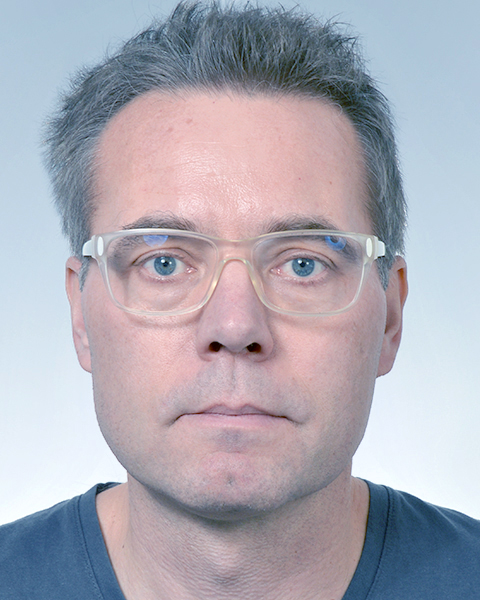
Dept. of Psychiatry and Psychotherapy, Centre for Psychosocial Medicine, University Medical Centre Hamburg-Eppendorf
Contact
Tel.: +49 (0) 40 7410 – 56565
Mail: moritz@uke.de

Dept. of Psychiatry and Psychotherapy, Centre for Psychosocial Medicine, University Medical Centre Hamburg-Eppendorf
Contact
Tel.: +49 (0) 40 7410 – 24041
Mail: lambert@uke.de

Dept. of Medical Psychology, Centre for Psychosocial Medicine, University Clinical Centre Hamburg-Eppendorf
Contact
Tel.: +49 (0) 30 82406 – 572
Mail: mail@uke.de
Contact
Tel.: +49 (0) 40 7410 – 56565
Mail: moritz@uke.de
Contact
Tel.: +49 (0) 40 7410 – 24041
Mail: lambert@uke.de
Contact
Tel.: +49 (0) 40 7410 – 52978
Mail: m.haerter@uke.de
This research consortium is dedicated to the following aim:
S. Moritz has developed and tested the efficacy of various digital therapy programs for psychosis, OCD, anxiety disorders, pathological gambling, major depression, depression in schizophrenia, and depression in various somatic disorders. Examples include EviBaS (internet-based intervention for individuals with psychosis), NEWSTART (for individuals with problematic gambling behaviour) and MCT and MORE (several indications; metacognitive training) (for apps, research, and further details see https://clinical-neuropsychology.de/app_en/).
M. Lambert in collaboration with S. Moritz, developed the eHealth platform eRECOVER (www.erecover.de) designed for individuals with serious mental illness. It comprises a newly developed content management system, adaptive screening, and digital diagnostic tools for 16 mental disorders. eRECOVER comprises 9 digital cognitive-behavioural therapy programmes for 14 diagnostic domains (e.g., psychosis, borderline personality disorder, severe major depression, or bipolar disorder). The platform is based on the stepped collaborative care model RECOVER. M. Härter and colleagues developed an evidence-based internet portal for mental disorders – psychenet – Network Mental Health (www.psychenet.de) containing evidence-based health information, self-tests, and decision support systems (including 8 LIFES, an online intervention to reduce stigmatization against people with suicidal thoughts or attempts and their relatives; in cooperation with O. von dem Knesebeck). With more than 120.000 single users per month it is one of the most frequently used e-health (literacy) portals in Germany and serves as a reference system for the DGPPN (German Association of Psychiatry, Psychtherapy & Psychosomatics). Together with MH-TRN researcher S. Wiegand-Grefe, a portal for children of mentally-ill parents (www.chimpsnet.org) has been developed. Service users (peers) and MH-TRN researcher C. Mahlke were cooperating in the development and promotion of video-based e-learning solutions involving the perspective of people who experience(d) psychosis, bipolar disorder, and severe major depression.
Our MH-TRN task-force for eHealth solutions has experience in data protection and accreditation at the Federal Institute for Pharmaceuticals and Medical Products (BfArM). They have also led numerous multi-site trials and are collaborating closely with various private e-mental health companies and further plan on expanding their network in order to increase the distribution and impact of eHealth interventions for a broad population.
Internet-based cognitive behavioural therapy (CBT) interventions for individuals with psychosis. In this DFG-funded project, S. Moritz is investigating smartphone-app-based, symptom-focused intervention in psychosis, particularly focusing on delusions and hallucinations. This is the first trial to assess whether this type of self-help is feasible and effective in psychosis. It holds the potential of novel, low-threshold support for this group of patients.
i2trans health. within the scope of this expert and project network lead by MH-TRN researcher P. Briken, involving psychologists, psychotherapists, medical doctors, and other health professionals from the UKE and partners from other national sites, transgender (mental) health and according interventions are studied, including developing and evaluating targeted eHealth support for individuals with gender incongruence.
https://www.i2transhealth.de/